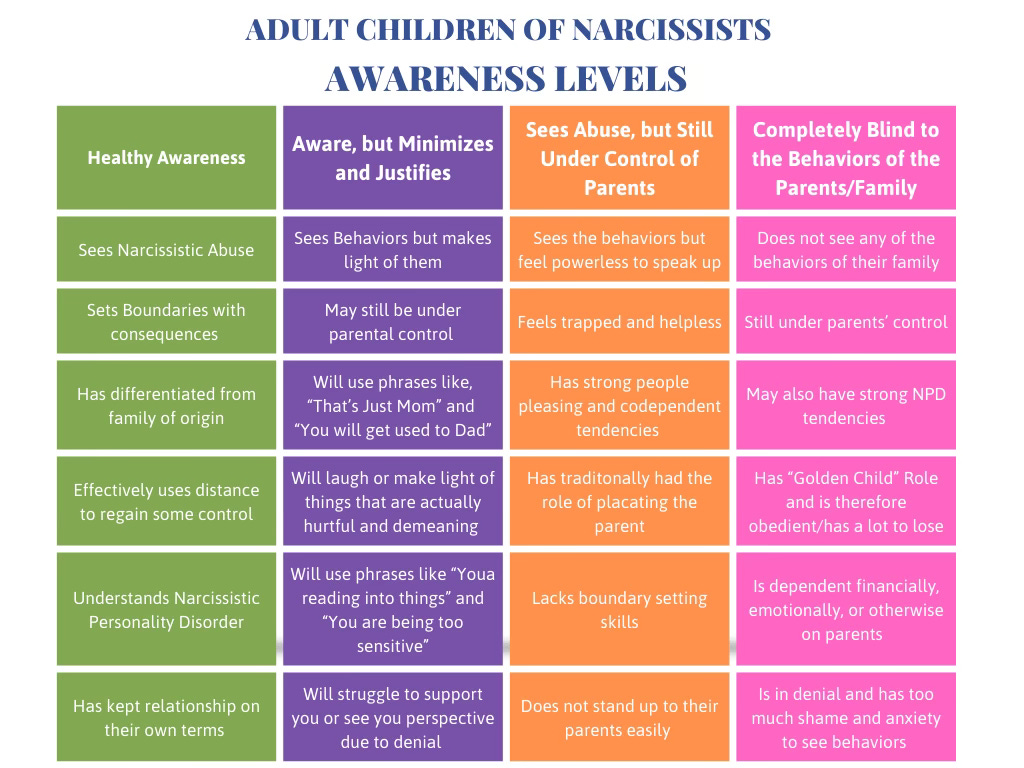Rupture & Repair In Relationships
And Why NPD Families Struggle to "Do Repair"
Have you ever been in a relationship with someone who can't be accountable for their mistakes? Someone who, when you let them know how you feel, tells you that you are being too sensitive, that you are living in the past, that you need to get over it? Someone who sweeps things under the rug and pretends that it never happened? If you married into a narcissistic family, or a family with a great deal of emotional immaturity, you probably answered yes to at least one of the questions.
So, what do you do? Maybe you suck it up to keep the peace, or maybe you try over and over to communicate your needs in a number of different ways, hoping you will get through. But the relationship doesn't get better. And slowly, resentments start to build, or you lose touch with your needs and wants, and anxiety creeps in. You notice that your boundaries are being crossed regularly, and you are struggling with staying authentic and true to yourself in the relationship.
Why does this happen? Well, simply put, because there has been a rupture in your relationship and there has not been repair.
Rupture and repair is a concept in relationship psychology that describes the natural cycles of disconnection and reconnection that occur in close relationships. Here's a brief overview:
Rupture:
Refers to moments of tension, misunderstanding, or conflict in a relationship
Can range from minor miscommunications to major arguments
Often involves a breakdown in emotional attunement between people
Repair:
The process of addressing and resolving ruptures
Involves reconnecting emotionally and restoring trust
Typically requires communication, empathy, and a willingness to take responsibility
Get my drift here? Repair is a process. It's not just an apology or an acknowledgment. It requires taking responsibility. It requires empathy. It requires good communication.
If you are in a relationship with an emotionally immature person, repair will not happen. Because they lack the capacity. And if you have history of childhood trauma from abusive caretakers, or if you married into a narcissistic family system, there is a good chance one or both parents are emotionally immature. Being in a relationship with someone who is emotionally immature can cause relational trauma (an extreme form of rupture) through patterns of invalidation, blame shifting, triangulation and gossip.
Ruptures are a normal part of any relationship. But how they are handled dictates the success of the relationship. Without repair, the relationship will suffer, and may eventually end. With repair, the relationship actually becomes stronger and more resilient.
Repair is a process. It's not just an apology or an acknowledgment. It requires taking responsibility. It requires empathy. It requires good communication.
So where do we start with repair? It requires effort, and clear communication from both parties. Each person has to be willing to actively listen to their other person’s experience, validate it, empathize with it, and offer a sincere apology. Along with the apology there should be a statement about how you would have done things differently, and how you will do things differently moving forward. By being consistent in your words and actions, you rebuild trust. With time, forgiveness and moving forward become possible. For minor ruptures, this work can be done through using scripts from relationship experts like the Gottmans. For more serious ruptures, including betrayals, a couples therapist who is well trained in relationship betrayals, and NPD families if necessary, is essential.
If someone is not capable of the vulnerability, accountability, self-reflection and empathy required for repair, you will essentially be trying to squeeze wine from a rock if you ask them to repair a relationship. A healthy relationship requires effort from both parties. While it is important to accept other people’s limitations, and recognize that you cannot force someone to change, you also have choices in the matter. You can decide what behaviors you will and won’t tolerate and communicate those boundaries directly. You can choose to take a break from, or end the relationship. You and your partner may have different boundaries in terms of what you are and are not willing tolerate from family, and that’s ok. You partner’s willingness to tolerate things that you won’t does not make your boundaries any less valid, and this is especially true when it comes to your in-laws. Remember you are different people, with different needs, and your in-laws’ inability to see this is a reflection on them, not on you or your boundaries and needs.
Last, depending on the level of awareness your spouse has with regards to their family’s dysfunction, you may be dealing with betrayal in your marriage. A partner who does not see their family’s dysfunctional behavior as problematic, and who was raised in a narcissistic family system and taught that loyalty to the family and the NPD parent comes first, will often deny, minimize and brush off their family’s mistreatment and emotionally invalidate your experiences. Even if this behavior is not “intentional” in the sense that they are simply repeating what they learned, and cannot “see” what you see, the impact is the same. It is a betrayal, because they are putting others before your marriage, which is a form of emotional abandonment, and often denying your reality in the process, which creates mistrust and confusion.
If someone is not capable of the vulnerability, accountability, self reflection and empathy required for repair, you will essentially be trying to squeeze wine from a rock if you ask them to repair a relationship.
In these cases, your spouse must first come to terms with the fact that there is problem in the marriage, and that they have contributed to this problem in order to do repair with you. They must also have some awareness around their family’s dysfunction. Without this, it will be very difficult to move forward.

Marrying into an NPD family can be one of the loneliest experiences in the world. You are surrounded by “family” but completely unseen. Expressing boundaries or choosing to do things differently from your in-laws frequently means being accused of rejecting them, and “breaking up the family”. And if your spouse is blissfully unaware of these issues and challenges, or minimizes or dismisses them, the loneliness can feel unbearable. Finding community during these times is essential. It may not heal your marriage, but it will offer you the support, validation and sense of belonging you need.





